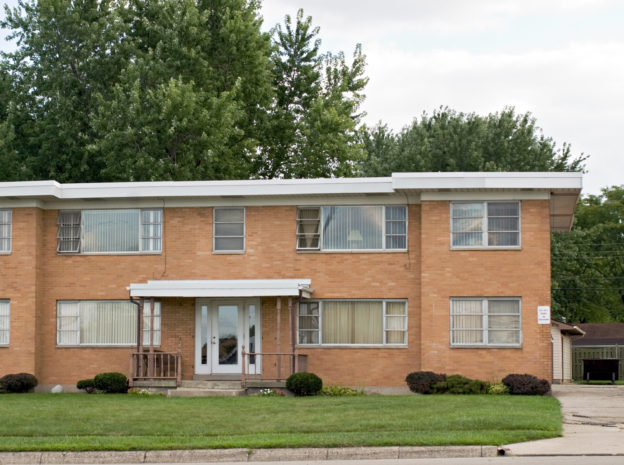
NETWORK Lobby Housing Budget Priorities
Download as a print-friendly PDF to share with your friends, or elected officials!
NETWORK believes that housing is a basic human right, and a foundation for a person’s ability to meet their own needs. Right now, there is not adequate affordable housing for people with low-incomes, and there is a dire shortage for households at the extremely low- income level, at or below 30% of the area median income. Further, people often spend too high a percentage of their income on securing housing, to the detriment of other critical expenses like nutrition, healthcare, childcare, and more.
Since the 1980s, funding to ensure that all human beings have housing has been steadily decimated. The result is increased homelessness and housing insecurity. We must invest in We the People by funding affordable housing, programs to end homelessness, and infrastructure. Only then can we truly consider ourselves a civilized and successful society.
NETWORK opposes any cuts to housing funding and the voucher program. Having a place to live is critical to human life and dignity.
What Congress Can Do
Increase funding for housing programs in FY2018:
- Increase the number of housing vouchers to return funding for the Housing Choice Voucher Program to pre-sequestration levels, and increase it to account for inflation.
- Fully fund the national Housing Trust Fund (HTF), rental assistance programs and the Community Development Block Grant.
- Increase funds for the McKinney-Vento program for the homeless and the Rapid Re-Housing program which is demonstrating success in moving homeless people into affordable units.
- Fully fund programs for construct of new and maintain existing affordable housing units.
Increase funding for repair and upkeep of public housing units.
Promote tax policies that support housing: Reform the Mortgage Interest Deduction, which costs the federal government $70 billion a year and largely benefits the highest-income families, and reinvest the savings in a housing program like the national Housing Trust Fund or rental assistance programs which serve families with greater needs. Create a new renter tax credit to help the lowest-income renters afford decent, stable housing. Families living in renters’ credit units would pay no more than 30% of their income for rent and utilities, and the rental unit owner would receive a federal credit in return for rent reduction.







